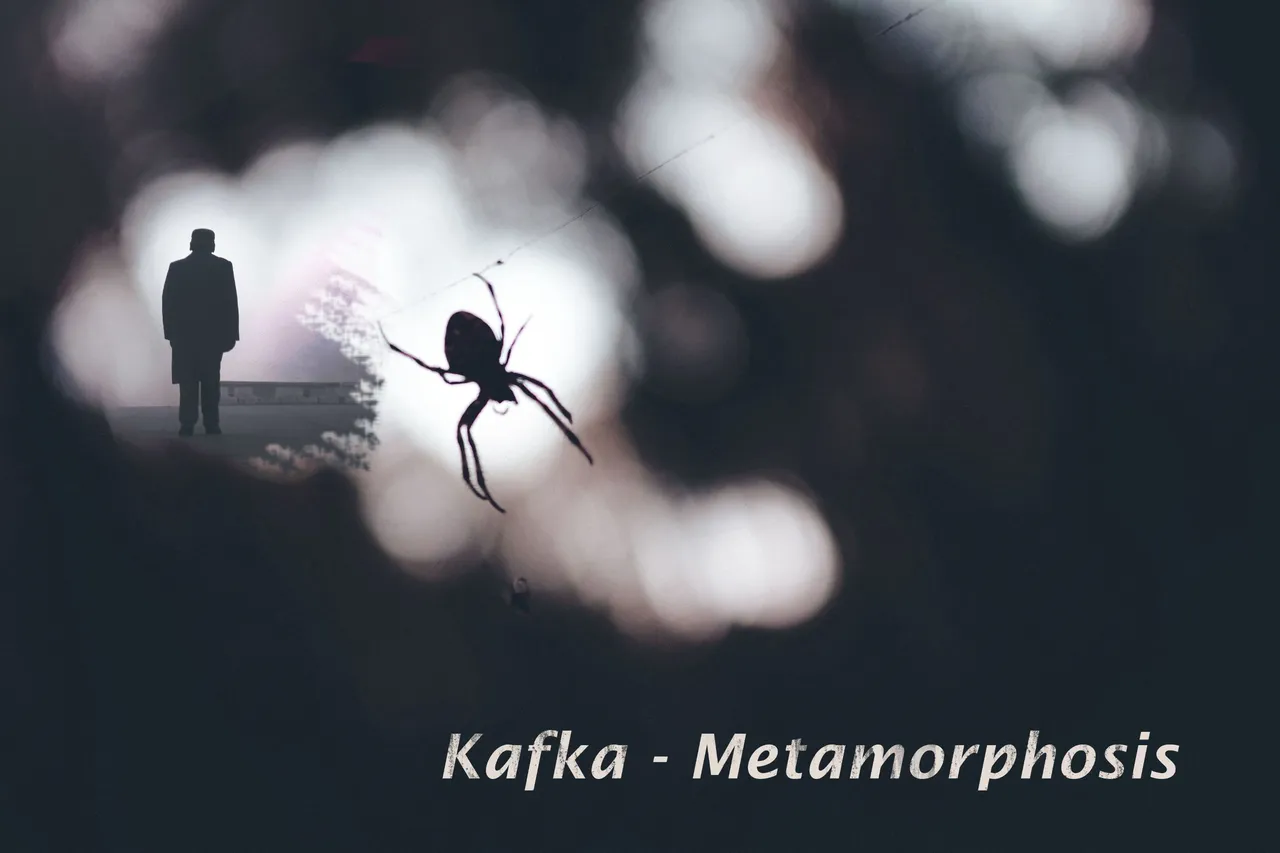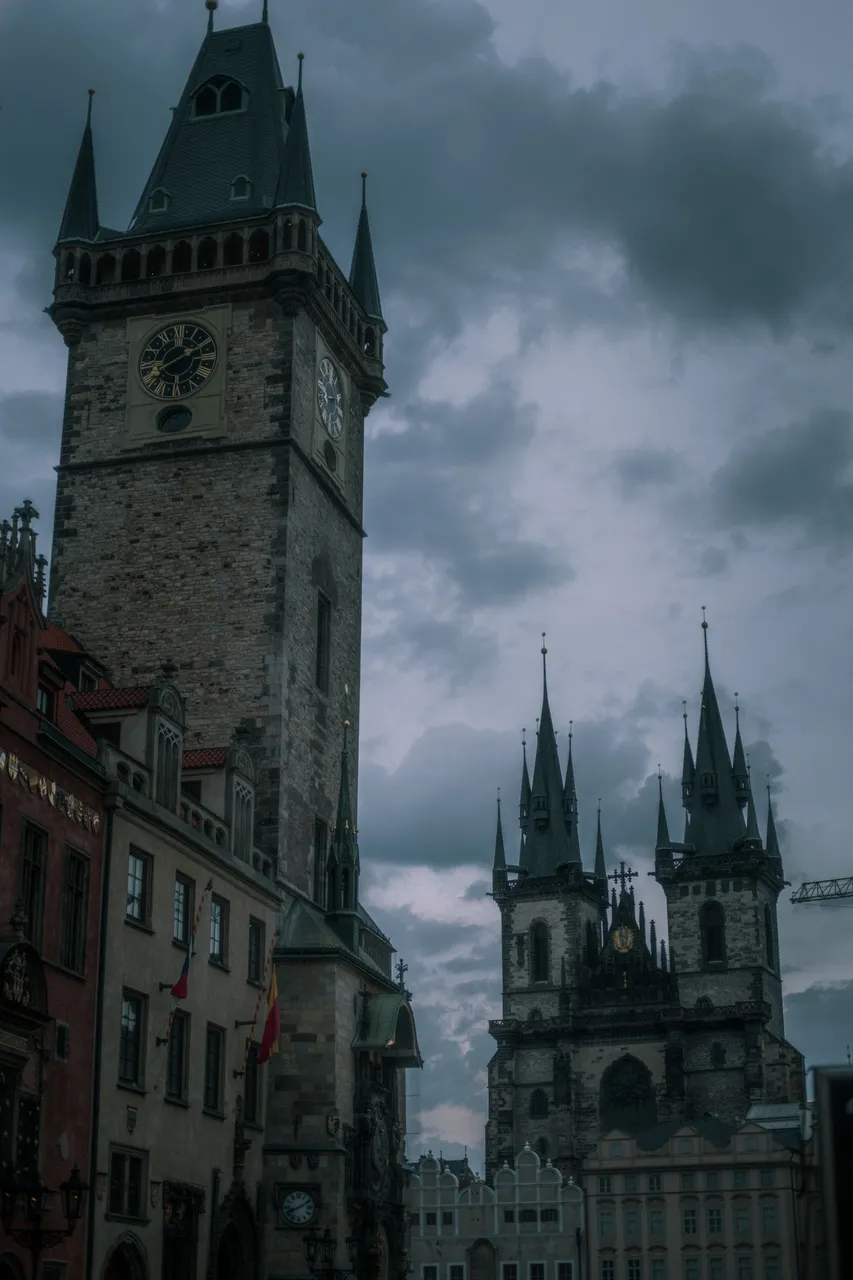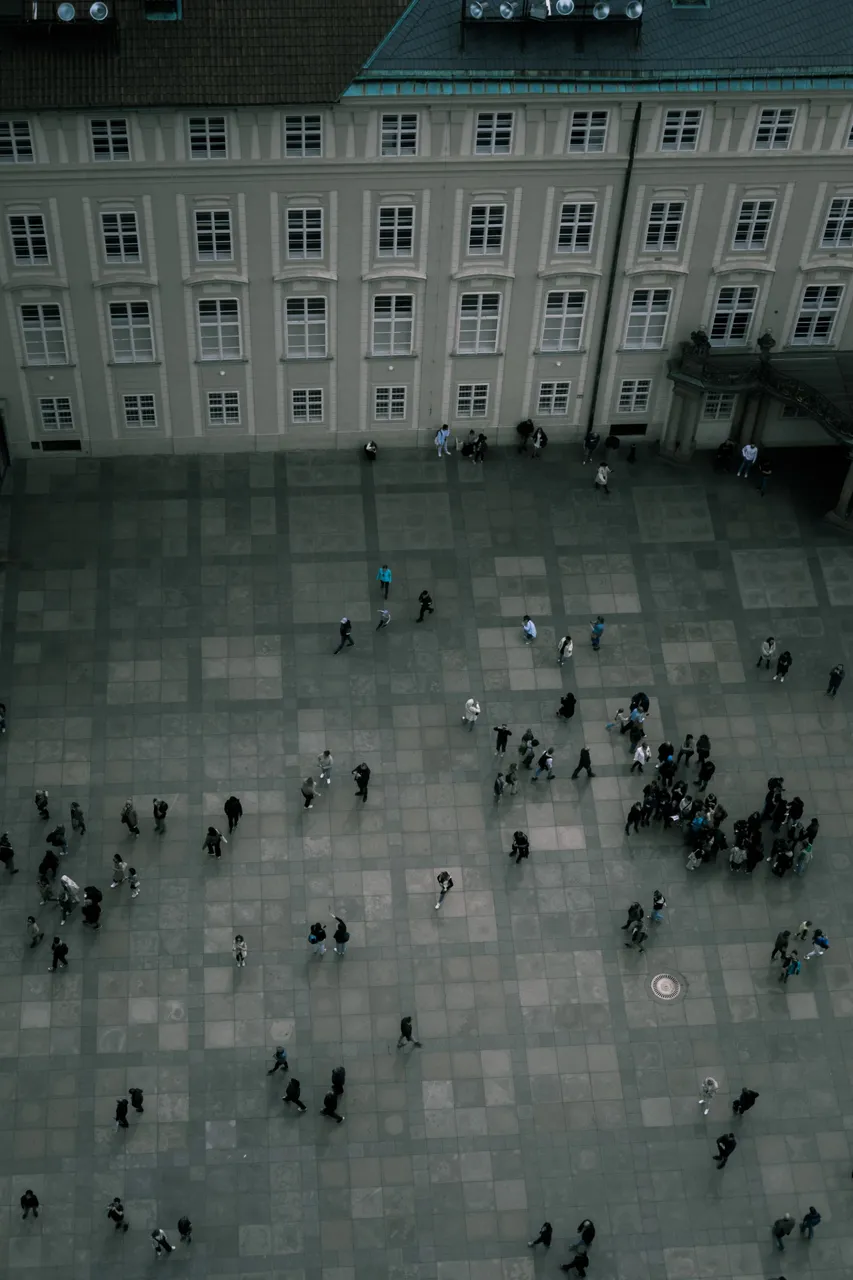
“As Gregor Samsa awoke one morning from uneasy dreams he found himself transformed in his bed into a gigantic insect."
This is the opening line of Kafka's short novel Metamorphosis in which he portrays a person caged by the environment and people around him. If you've read any other work by Franz Kafka you know that he often writes about the individual lost in the absurd systems and tormented by the cruel deeds of his superiors. This was almost always an autobiographical thing, Kafka saw himself as the victim of circumstances he lived in.
I've read this book first time close to 15 years ago and it really hit me hard. Based on the opening, the image you thought of in your head about the novel is true. Nothing is scarier than when your nightmares become a reality and you can't wake up. Why is it happening and what kind of life crisis can lead to such disturbing event?
Following the initial look at his new appearance, Gregor starts trying to figure out how his body works, how to use legs and get out of bed. Because he is late for work and he really doesn't want to offend his bosses. He is a young man who provides for his family, parents and younger sister and he is so afraid of disappointing anybody.
And this is where you realize how weird this story is. You'd think Gregor would be terrified of the metamorphosis he went through - turning into a giant cockroach certainly must be a horrific experience. But what's on our protagonist's mind is just how to get out of bed and how to somehow get to work. What happens when the man from office comes to check on him, and when the rest of the family sees his transformation?

Prague 2023
I'm adding here few photos from my trip to Prague earlier this year so you can feel the atmosphere of this beautiful city. Kafka was a Czech writer born in 1883 and died from tuberculosis at the age of 41. But he was a weak boy prone to illness and he lived in an authoritarian household with a father who had bad temper. It made him become timid and obedient, not able to stand up for himself.
Kafka saw himself as inferior being, doing what others told him to. He dared not to disobey or disturb the status quo. By pleasing others he didn't follow his heart and his dreams. Some occurring themes follow the protagonists of his novels and can be traced to the artist as well:
- Living in a state of constant fear. He was always afraid of what others will think of his actions.
- Lack of freedom. Feeling of confinement. His room was his prison. At least in his mind. His parents did not approve of him working on his literary talents.
- Inability to express his vivid inner world, except in his writing that no one knew about. He even asked of his friend to burn his books when he dies, which the friend luckily didn't do. He thought of his writing as subpar.
You'll sometimes hear him say in his books or letter exchanges with his crush Milena, that he can feel his true essence only when he is "unbearably unhappy". It happens that some people are addicted to suffering. It's their drug. Usually those people are poets or artists of other kind. They don't see the value in writing about positive and happy experiences. There is some truth to that - we do learn the most about ourselves when we are pushed to the wall and we can't see the way out. It's a tragedy though when such a state of existence is the only way we know.
“I cannot make you understand. I cannot make anyone understand what is happening inside me. I cannot even explain it to myself.”

Prague 2023
I have a very special relationship to Kafka, likely the fact that we are born one day apart has something to do with that but I always felt a great sense of connection to his writings and the same nightmares that haunted him were also on my mind. Reading his quotes from the first page on Goodreads brings either chills or the tears. His life was a state of everlasting suffering and the only fortune is these novels he left behind. Metamorphosis is a windows into his soul. It's too bad because most of the time a little bit of courage and a shift in mindset gets us out of our misery. 5/5 stars for this masterpiece.